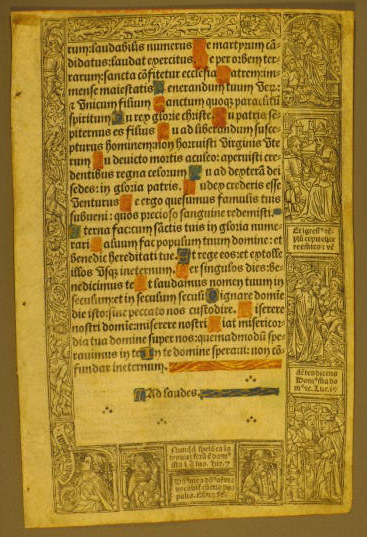

|
|
Literary study as we know it was made possible when the technology
evolved to produce books in print rather than in single manuscript
editions. With the advent of standardized, mass-produced editions, it
became possible for multiple people to all read, discuss, and write
about the same text of a work--and the literary criticism industry was
born.
We're now going through a similar sea change in technology, from print to pixel. In 2007, three of the top five best-selling novels in Japan were written and distributed on cell phones. Google successfully digitized more than a million books from college and university libraries and is working with the Library of Congress to create a World Digital Library. And PMLA, one of the leading journals of literary study, devoted over half an issue to debating Ed Folsom's contention that "database...is the genre of the twenty-first century." This period is as transitional as the one that followed the Caxton revolution--with the accompanying excitements and problems. As the study of literature grows ever more interwoven with technology, how does this affect us as students of literature? This class will examine many of the challenging possibilities now open for literary study and literary theory. We will read works from Blake to Borges to cyberpunk; work with online materials such as the Blake Project, the Emory archive of women's texts, and the Walt Whitman archive; wrestle with modern rhetorical and digital theorists; and experiment with creating our own online texts and critiquing them. No geek skills required, just a curiosity for where literary study may be going. Regular short writing, several project/presentations, and a significant final text (which may be a traditional print text or a digital work). This class will meet the technology requirement for English majors. |
|
|
|
|
|
|
|
|
|
|
|
|
|
|
|
|
|
|
|
|